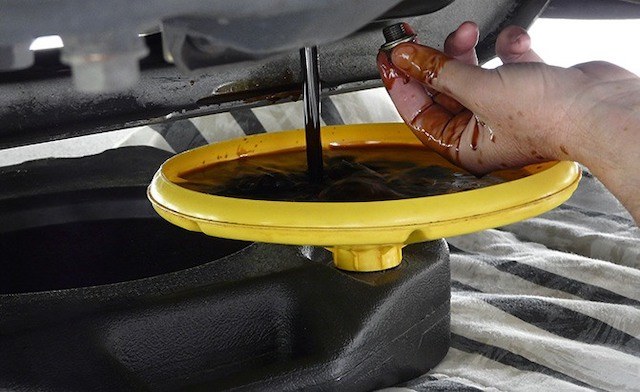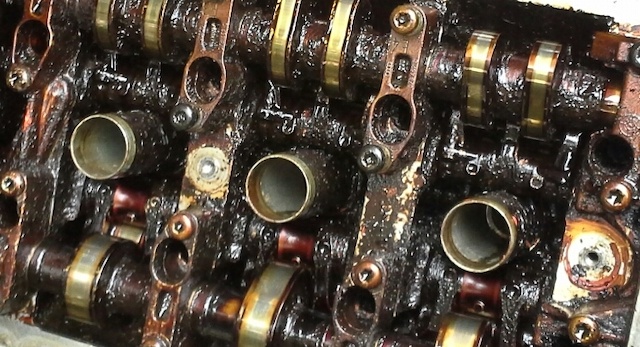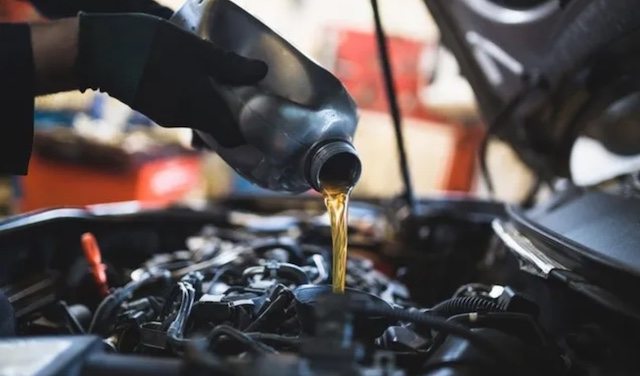
Motor oil doesn’t last forever. That’s why regular oil changes are essential for keeping your engine running smoothly. Car manufacturers usually specify the recommended oil change intervals based on the type of oil and vehicle model. For example:
- If you drive a passenger car, it's generally advised to change the oil every 3,000 to 7,500 miles. The exact interval depends on whether you're using conventional oil or a synthetic blend.
- For motorcycles, the oil should be changed every 3,000 to 7,500 miles as well.
- ATVs require an oil change after every 100 hours of use.
- Snowmobiles need their oil changed every 2,500 miles or before each season starts.
It’s crucial to follow these guidelines. Ignoring them can lead to serious engine damage over time.
Old Oil Turns Into Dirty Sludge — And That’s A Big Problem

Motor oil has a limited lifespan because it accumulates dirt and debris as it circulates through the engine. Over time, this buildup increases the oil’s viscosity, turning it into thick, dirty sludge. This sludge is no longer effective at lubricating the engine or protecting its internal components.
Motor oil also plays a vital role in cooling the engine by absorbing heat and transferring it away. In fact, it can reduce engine temperatures by up to 40%. When oil becomes too dirty, it loses its ability to do this, which can lead to overheating and further damage.
In summary, dirty and sludgy oil can:
- Fail to lubricate engine parts properly
- Reduce the engine’s cooling efficiency
- Loose its cleaning additives that help maintain engine health
This kind of degradation can cause serious issues, including engine failure.
1. Metal-to-Metal Contact
When motor oil isn't doing its job, metal parts inside the engine begin to rub against each other directly. This causes excessive wear and can lead to major engine damage. If left unchecked, it can result in:
- Increased oil consumption
- Loss of compression
- Fouled spark plugs and oxygen sensors
By the time you notice these symptoms, it may already be too late to save the engine.
2. Engine Overheating
Dirty oil reduces lubrication, which increases friction and causes the engine to run hotter. Prolonged overheating can lead to:
- Blown head gaskets
- Warped or cracked cylinder heads or blocks
- Engine seizure
These problems can be extremely costly to fix.
3. Clogged Oil Filter
As oil becomes dirtier, it clogs the oil filter more quickly. This restricts oil flow, leading to lower oil pressure and poor lubrication. Eventually, this can cause severe engine damage.
Your Vehicle Warranty May Be Voided

Many vehicle warranties require that you follow the manufacturer’s maintenance schedule. Failing to do so could void your warranty, leaving you responsible for expensive repairs, such as a full engine replacement.
Prevention Is Always Better Than Cure
Regular oil changes are far more cost-effective than dealing with the consequences of neglected maintenance. Sticking to the recommended schedule not only protects your engine but also helps maintain your vehicle’s value and performance over time. Don’t wait until it's too late — stay proactive with your car care.
Plastic Honeycomb Panel with Non-woven Surface
Honeycomb Panel,Non woven honeycomb panel,Plastic Honeycomb Panel
YANGZHOU MAXTONE COMPOSITE CO.,LTD. , https://www.maxtonetruckbody.com